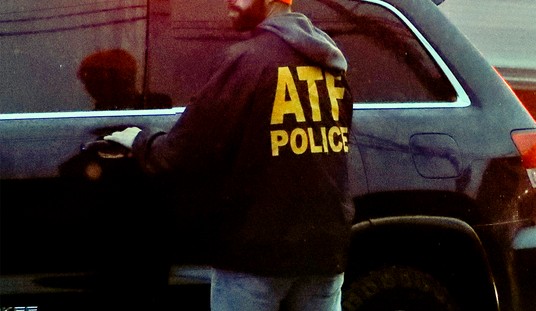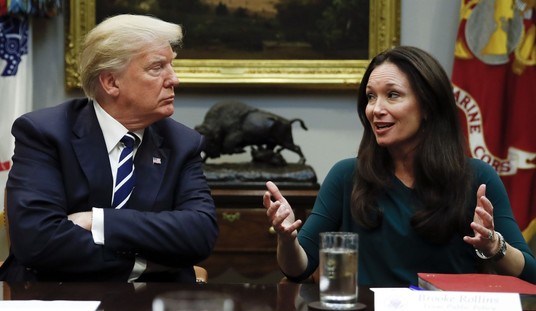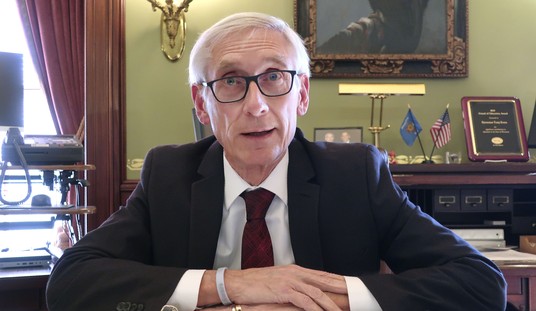On Monday, the International Association of Machinists won an election to represent 2,900 employees at AirTran. The union (the same union calling for airline re-regulation) won despite the fact that 1,906 (nearly 66%) of AirTran’s employees did not vote for unionization. In fact, 36% of the employees did not vote at all. The union’s victory is a good example of how President Obama’s union appointments at the National Mediation Board have changed 75 years worth of precedence in order to favor unions. It is also a good example of why the fight over the FAA Reauthorization and Reform Act of 2011 is important and why the LaTourette/Costello Amendment to H.R. 658 should be defeated (again).
Last year, the pro-union appointees on the National Mediation Board (the agency that governs labor relations for airlines and railroads under the Railway Labor Act), changed the 75-year old union election process for airline (and railroad) employees. Unlike the National Labor Relations Act which gives unions the ability to unionize a company on a site-by-site basis, due to airlines and railroads generally being more national in scope, the Railway Labor Act provides for unionization in a single craft and class across an entire company. This is why the change in how the National Mediation Board counts ballots is so significant.
As was noted at the time:
For the last 75 years, if a union targeted a craft and class at an airline or railroad and an election was scheduled, in order to win, the union had to have at least 50% participation in the election. There were no “No Union” votes. If any eligible employee participated in the election (even if he or she wrote in ‘Shrek’ as their bargaining agent), that vote counted toward unionization. Given that most airlines and railroads are either regional or national in scope, unions sometimes had a hard time covering all of the territory to ensure that they would get enough participation in the election process to get past the 50% threshold.
As a gift to union bosses, the NMB changed the election procedures from one of total participation to one of a simple majority of valid votes cast. This means that, in a voting class like the one at AirTran, even though only 994 out of 2,900 employees voted for unionization, because 36% of the voters did not vote at all, all 2,900 AirTrans employees are now unionized. Moreover, because there are no Right-to-Work laws under the Railway Labor Act, if the union is able to negotiate a “union (income) security clause” into a contract, all 2,900 AirTran employees could be required to pay union dues or be fired if they refuse.
As explained last year, the NMB’s changes make it much easier to unionize transportation employees due to ‘hub and spoke’ system that most airlines use:
For those who may wonder why this rule change from majority of eligible votes cast to one of simple majority of votes cast is important, consider this:
If an airline has 5,000 employees in a craft and class and 2,000 of them work in hub cities like New York and Los Angeles, but the other 3,000 work in small regional airports, a union can easily concentrate its resources on the hub cities, ignore or capture just enough support at the regionals to ensure enough voters turn out to vote (voting is actually done via telephone or through mail ballot) and those who don’t vote will become unionized.
Monday’s election at AirTran is a good example of that system at work. Less than a majority voted to become unionized, yet the entire craft and class (system wide) is unionized.
On Monday, the National Review provided a good overview of why the NMB’s system was the way it was for so long, while explaining why Congress needs to step in and how the FAA Reauthorization and Reform Act of 2011 addresses this issue.
The dispute can be traced back to the Railway Labor Act, a 1926 law that made it relatively difficult for railroad workers to unionize — the idea being that without serious limits on union power, labor organizations could hold the nation’s crucial transportation infrastructure hostage to unreasonable demands.
[snip]
Congress needs to reassert itself in the face of the NMB’s brazen sop to the unions, and the law now under consideration in the House — Title IX of the FAA Reauthorization Bill — would do just that, overriding the policy change. The Transportation and Infrastructure Committee shot down an amendment that would have removed the provision by a 30–29 margin (three Republicans sided with the unions), and a similar amendment will no doubt be proposed when the bill goes before the entire House this week.
Union bosses, most notably the Communication Workers of America—which is the parent union of the Association of Flight Attendants, as well as represents USAirways passenger service agents—are desperately trying to push the LaTourette/Costello Amendment.
In addition to the amendment’s co-sponsor, Republican Steve LaTourette* (R-OH), who has received over $336,000 in union contributions over the course of his congressional career, Tim Johnson (R-IL), Candice Miller (R-MI), and Frank LoBiondo (R-NJ) are the three other Republicans that have, so far, sided with the union bosses.
The FAA Reauthorization and Reform Act is scheduled for a vote on Thursday.
*Note: LaTorrette is of the 1994 GOP class and considers the 2011 Freshman class the “knuckledraggers that came in in the last election that hate taxes.”
_________________
“I bring reason to your ears, and, in language as plain as ABC, hold up truth to your eyes.” Thomas Paine, December 23, 1776
















Join the conversation as a VIP Member